The inventory (in Dutch) shows that marine research lives in Belgium. For example, 118 marine research groups (MOGs) are currently being identified (benchmark 29/11/2019) and publish around 600 peer-reviewed publications each year. This scientific output is comparable to that of the larger marine institutes in the neighboring countries. Over the past 10 years (2008-2018), these research groups have published in almost 1,200 different journals and the share of open access journals has increased to almost 54%, compared to barely 5% in 2008. Most marine research groups are affiliated with Flemish university associations (72) and French-speaking universities and colleges (33), although the groups of the Flemish and federal scientific institutions generally have a larger number of scientific and technical staff. The center of expertise of the MOGs lies in the natural sciences (81 MOGs) and the engineering sciences (36 MOGs). Furthermore, the groups are active in no less than 19 research disciplines, which highlights the diverse expertise in the marine research landscape.
Belgian marine research also has a strong international orientation. In almost 80% of the publications, research takes place outside the Belgian part of the North Sea and in 74% there is international cooperation. Most of this international cooperation takes place with neighboring countries and the US, but the network of our marine researchers extends to as many as 137 countries. In approximately 27% of the cases (2008-2018), a (research) vessel was used for data collection, representing a total of 257 different (research) vessels from 43 countries.
With this annual policy information brief, VLIZ aims to inform the marine and maritime (scientific) policy, the marine research community and other interested parties about the character and the evolution of marine research in Belgium. If you are interested in the broader context behind these figures, please refer to Chapter 1 Integrated OceanPolicy of the Compendium for Coast and Sea 2018 where this exercise was done for the figures from 2018.
If you have any questions about this publication, feel free to contact compendium@vliz.be.


